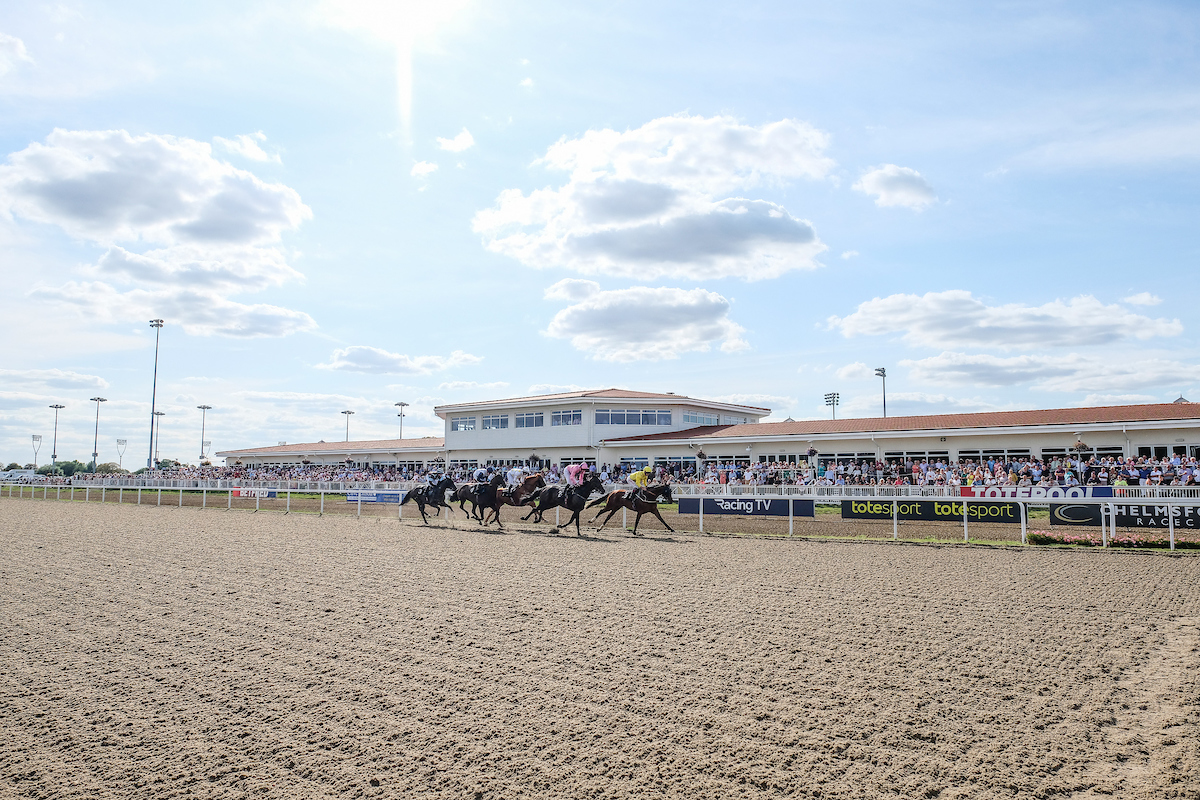
The BHA has today shared updated COVID-19 Guidelines and Operating Procedures that will apply at British race meetings from Monday 19 July 2021.
This follows the publication yesterday of specific guidance for sports and large events in England, and announcements from the Scottish and Welsh Governments about their own plans for easing COVID-19 measures.
The updated COVID-19 Guidelines and Operating Procedures can be found here, and should be read and understood by all participants planning to attend a race fixture.
Anyone attending fixtures in Scotland and Wales should ensure they understand the variations in guidance, particularly in relation to face coverings and social distancing, prior to arriving at the racecourse.
Racing’s protocols have been revised in line with government requirements, with some additional infection prevention and control measures remaining in place, particularly around the Weighing Room Complex, to safeguard the industry from the risk of COVID-related disruption.
Elsewhere on course, racing will continue to recommend the use of mitigations to keep participants and racegoers safe, including face coverings in enclosed and crowded areas, social distancing where practicable, increased ventilation, and regular hand sanitising.
Participants are also encouraged to bolster their protection and reduce the risk of transmission by accepting both doses of the COVID-19 vaccine and completing regular lateral flow tests to identify positive cases in advance of raceday.
Commenting on revised guidelines and operating procedures, the BHA’s Chief Medical Adviser, Dr Jerry Hill, said:
“Racing has demonstrated throughout the pandemic our ability to conduct race meetings safely and sensibly, with participants adapting quickly to new processes and following rigorously the infection control measures in place.
“While the full return of spectators and the further easing of restrictions is welcome, with cases continuing to rise, racing must do what we can to protect our people and industry – especially against the ongoing risk of 10-day self-isolation for close contacts of infected individuals.
“The best way to bolster protection is through vaccination, accompanied by regular lateral flow testing, but we will also retain some measures on course to help protect those participants working in higher-risk indoor areas, particularly the Weighing Room Complex.
“As ever, I want to thank everyone for their adherence to the protocols and continuing to behave responsibly on course. Avoiding disruption to the racing industry must remain our utmost priority – and everyone can play their part in this respect.”
In brief – some of the key measures that will apply from 19 July
- The Weighing Room Complex will remain a strictly controlled area, with access restricted only to those working in or requiring access to the area during the raceday. This includes jockeys, valets, medical staff, and some BHA and racecourse officials.
- Participants in the Weighing Room Complex will be asked to wear face coverings and continue to socially distance at 1-metre-plus (at least 1m, with additional mitigations).
- Elsewhere on course, the use of face coverings is recommended, particularly in enclosed and crowded areas. Face coverings in certain settings remain a government requirement on Scottish and Welsh courses.
- Social distancing will continue to be required by government on racecourses in Scotland, with participants and racegoers in England and Wales recommended to avoid close contact where possible.
- No racecourse attendees will be asked to complete specific pre-entry medical screening, but will instead be encouraged to complete lateral flow tests in advance of raceday and check in using the NHS COVID-19 App on arrival.
- Virtual declarations remain in place. Trainers are only asked to register a member of stable staff who will be primary contact for each runner on raceday, and complete raceday privilege requests in advance of the fixture via Racing Admin.
- Registration is also required for other attendees, in line with established pre-COVID arrangements – for example, jockeys via the jockey bookings.
Trainers and guests can return to pre-COVID entry arrangements, where they access the racecourse using the PASS system and entrance
